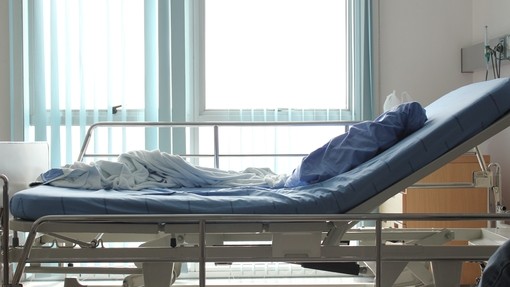Withdrawal of treatment and the burden of interventions

Withdrawal of treatment and the burden of interventions
Background
We acted for the trust in the tragic case of King’s College Hospital NHS Foundation Trust v X & Anor [2023] EWCOP 34 , which concerned a young man (‘X’) who suffered catastrophic brain injuries and spinal damage following a car accident. These injuries resulted in him being in a persistent vegetative state with no function above or below the brainstem, and no prospect of recovery. After careful consideration, the trust applied to the Court of Protection for permission to withdraw life sustaining treatment. The Official Solicitor, acting on X’s behalf, was supportive of the Trust’s application, whilst X’s father and members of his family were not.
Theis J acknowledged that the Trust had undertaken extensive investigations and that the medical evidence, very sadly, all pointed in one direction. She concluded: ’I agree with the final analysis of the Official Solicitor that in the light of the evidence regarding the X’s medical condition, his lack of awareness and factoring in the likely wishes he would have to be with his family, the strong presumption of sustaining life and the limited evidence of pain, there is, in my judgment, overall no benefit to X in continuing the treatment, due to his lack of awareness and the bleak medical prognosis. In those circumstances, his best interests are met by the withdrawal of treatment’ (para 52).
Legal Analysis
When weighing best interests, one of many factors Theis J took into account was whether medical treatment can cause physical harm to a patient, even if they have no conscious awareness and no capacity to feel pain. This issue was addressed extensively in another case in which we acted on behalf of the applicant Trust: K (A Child) [2021] EWHC 5 (Fam) (‘Re K’) .
Theis J referred to Poole J’s welfare analysis in Re K which was approved by the Court of Appeal. Poole J said that treatment in PICU constituted a burden to K, notwithstanding her lack of conscious awareness, and the absence of pain is not the same as the absence of harm. He said: ‘The fact that a person has no conscious awareness does not give their clinicians, or anyone else, licence to perform procedures on them irrespective of their benefit’ (para 76), which Theis J quotes in her judgment (para 10).
In X’s case, Theis J considered that whilst there was no direct evidence of him experiencing pain, there were ‘intrinsic burdens to being cared for on ICU and the interventions necessary in such care’ (para 51). This case serves as a useful reminder of the need to consider the impact of such burdens in best interests decision making within the ICU context and beyond.
For further information and support on Mental Capacity, DoLS or Court of Protection issues, please get in touch.






